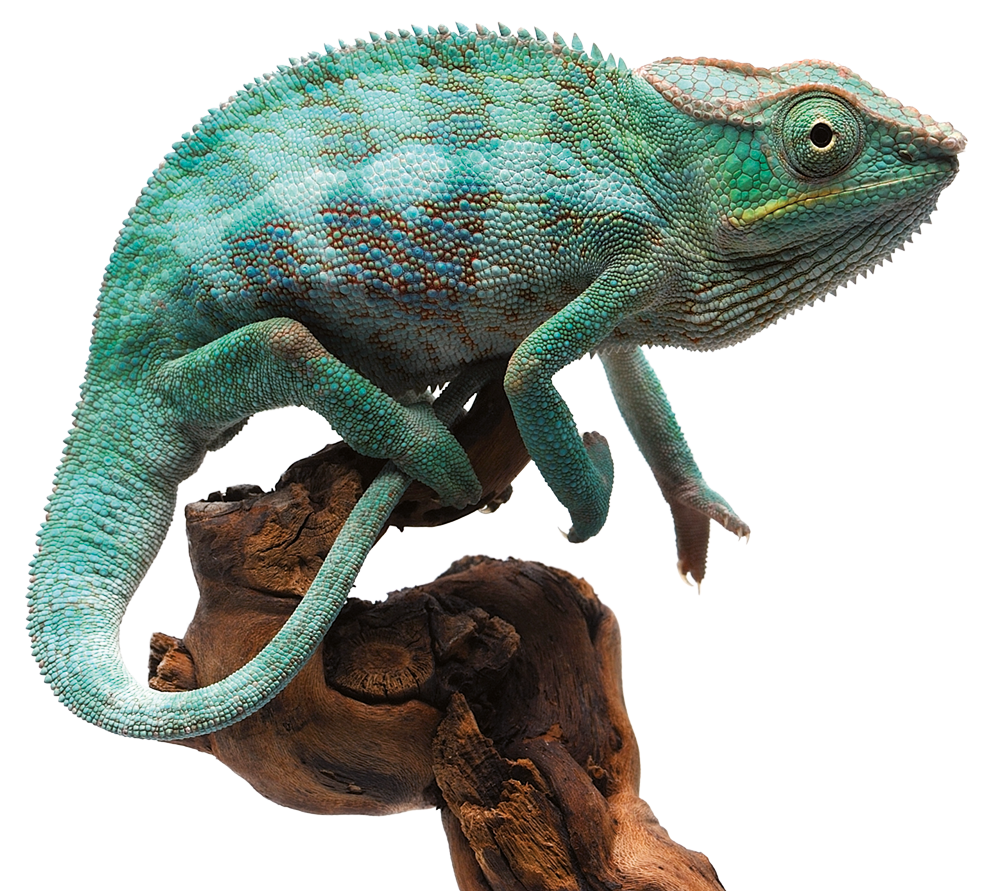
The stomach of an adult rabbit is very acidic (pre-weaning it is closer to neutral), this is why the acid loving bacteria Lactobacillus acidophilus does well there. After food enters here and is involved in a mixing process, the food then moves into the intestine where nutrients are absorbed.
As food leaves the intestine it goes through the ileocecocolic junction, where solids enter the haestra of the caecum where the ‘digesta’ is moved back and forth, settling and mixing. The indigestible fibre settles and exits the body as faeces, and the digestible portion is retained in the caecum where bacterial fermentation breaks down the non-fibre portion. Proteins, fatty acids and some vitamins are absorbed.
Rabbits are herbivores and because they are small they can’t store huge amounts of crude fibre like horses and cattle, so they keep it moving through the gut, extracting what they need. Gut motility is very important for rabbits as it allows them to process a lot of food without storage. The fibre provides grip for the gut to move food, without it the gut function will slow down.
True bloat would be gas and liquid in the stomach as seen in a gastric dilatation due to blockage, usually due to a hairball. This is more of an issue with adult rabbits during or following moulting. Strangely since rabbits can’t vomit even their own saliva adds to the problem as this also builds up in the stomach.
The onset is usually sudden, the rabbit is in pain, depressed and not interested in food, and the stomach will be bloated and feel strange. The usual site of the obstruction is in the small intestine. This progresses rapidly to shock and collapse and normally requires surgical treatment. A high fibre diet minimises this condition.
This is much more important in younger rabbits and rabbits under stress. Mucoid enteropathy/enteritis or ME can also show itself as a form of bloat where it develops quite slowly, usually when the caecum becomes full and immobile and gas builds throughout the gut.
Mucoid enteropathy is a confused disease process, largely due to the confusing nature of rabbit digestion. Classically it involves lots of mucus production in the colon and impaction (blockage) of the caecum. The cause is a mixture of stress, diet, and infection. It is most commonly found in young rabbits especially associated with a stress factor such as transport. Keeping fibre high in recently weaned animals is very important.
We and selected third parties use cookies or similar technologies for technical purposes and, with your consent,
also for other purposes as specified in the .
If you close this banner with a tick or click on "Decline", only technical cookies will be used. If you want to select the
cookies to be installed, click on 'Customise'. If you prefer, you can consent to the use of all cookies, including
cookies other than technical cookies, by clicking on "Accept all". You can change your choice at any time.